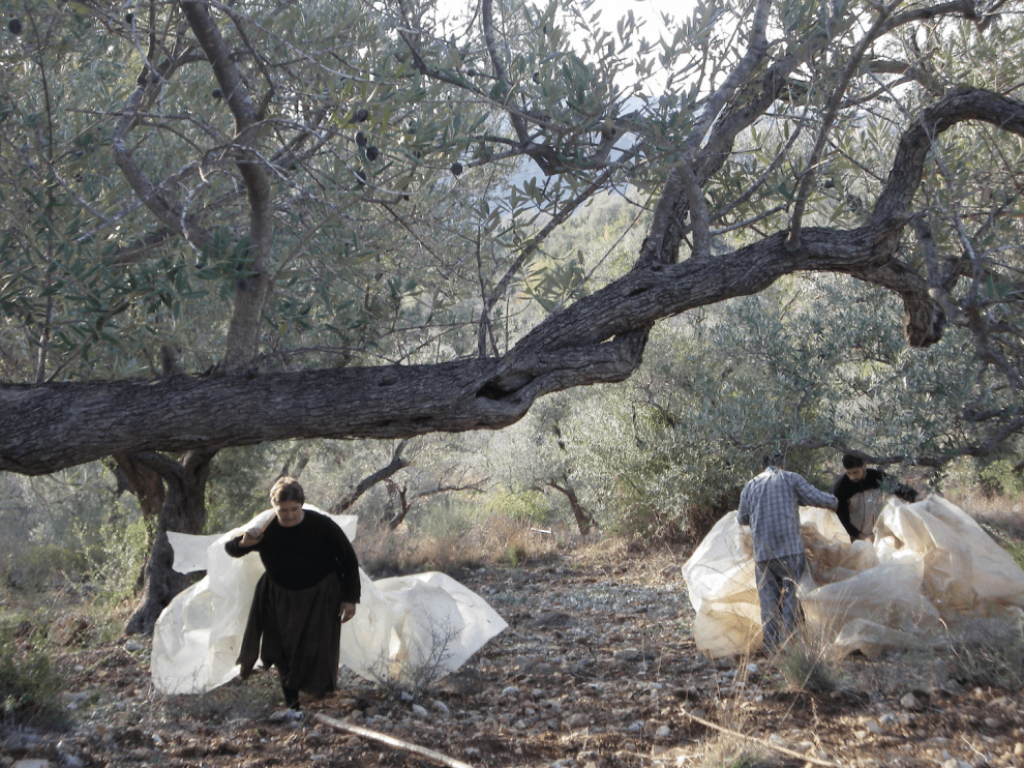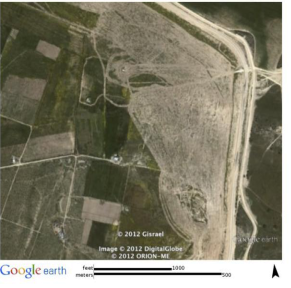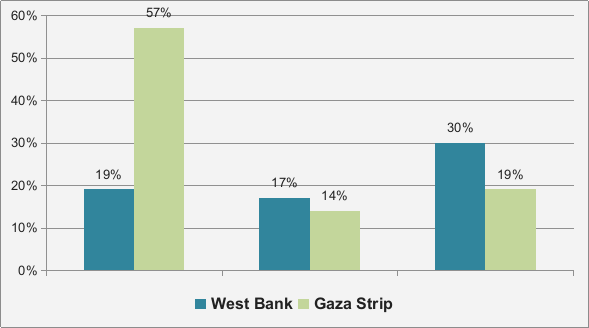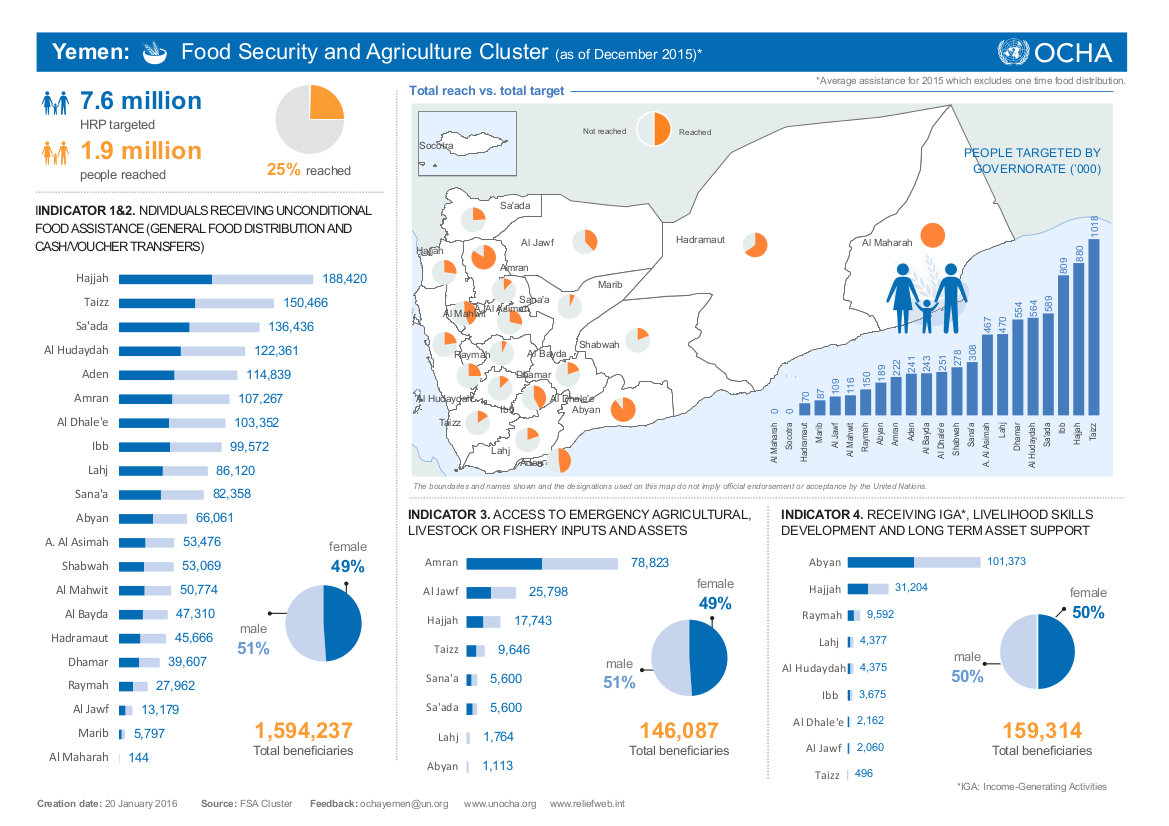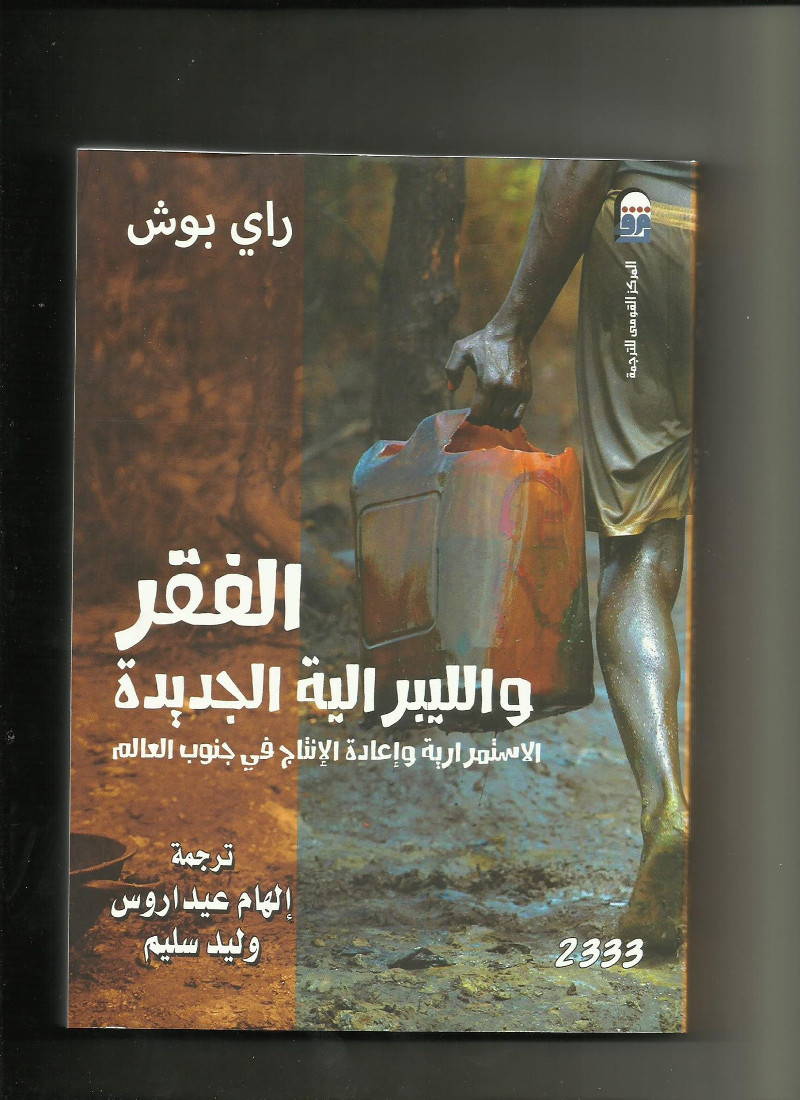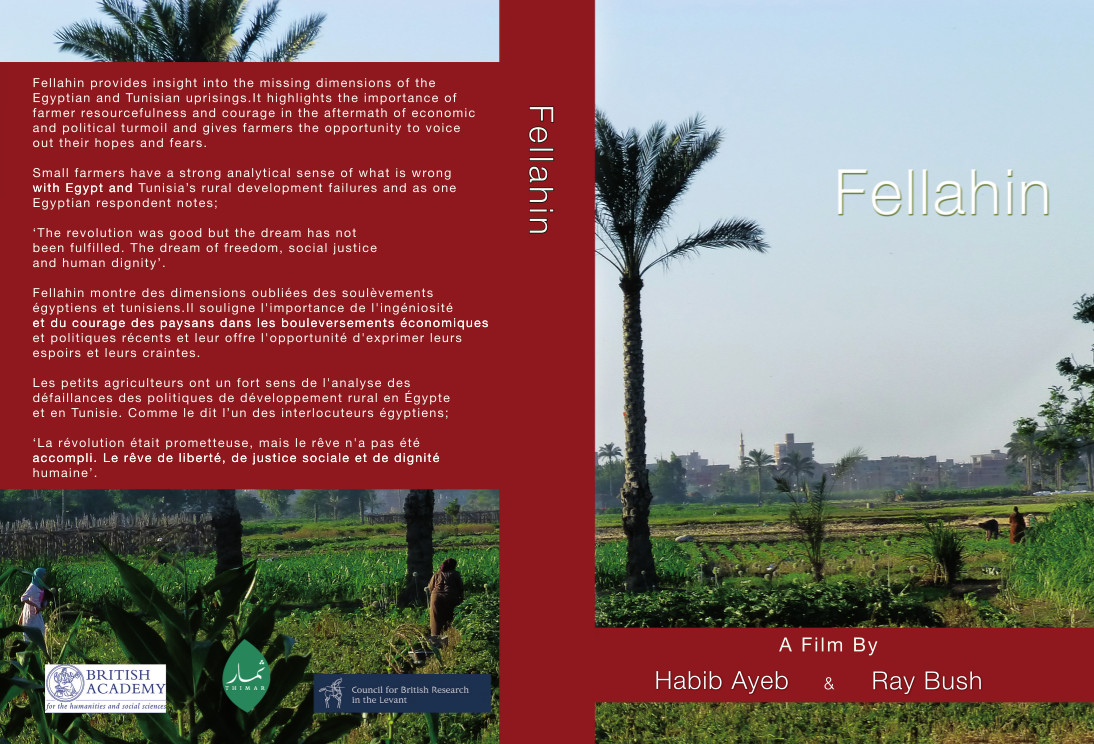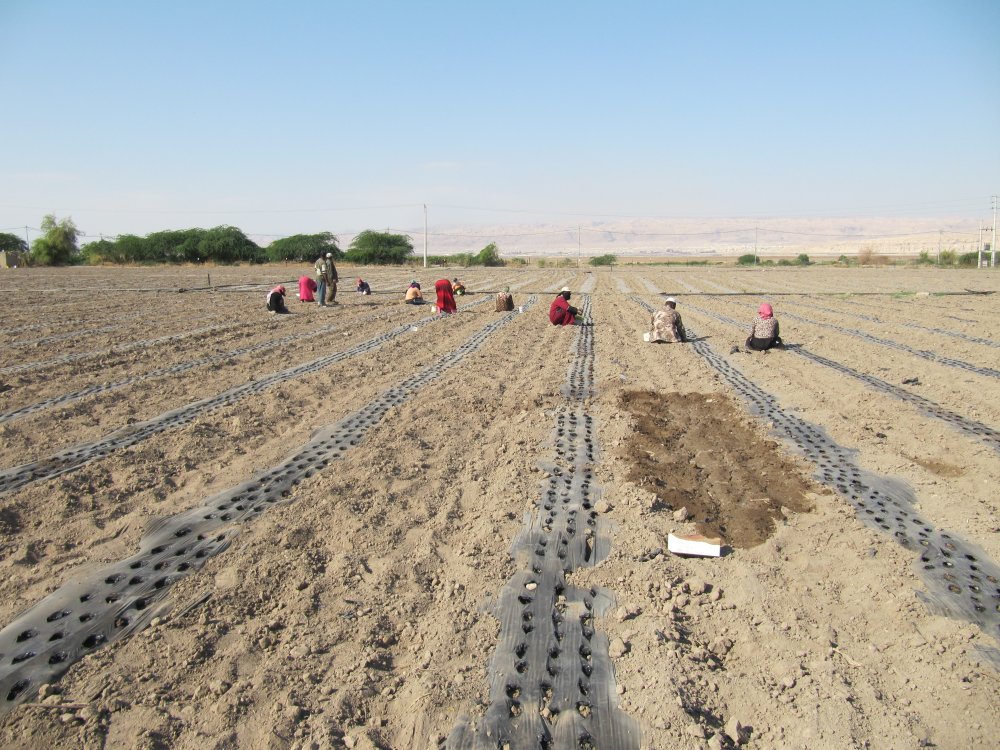Conference Report: Agricultural Policies and Food Dependencies in North Africa
Two members of the Thimar collective, Habib Ayeb of the University of Paris – VIII, Ray Bush of the University of Leeds, several frequent collaborators of Thimar – François Ireton and Max Ajl – as well as Amine Slim and Corinna Mullin, spoke at a conference which Bush and Ayeb convened on Agricultural Policies and Food Dependencies in North Africa in Tunisia on Friday, May 29, 2017 at the headquarters of the Tunisian Forum for Social and Economic Rights.
Read More >Food and crisis in Egypt
corporate food and class inequalities
When global food prices rose to new heights at the end of 2007, protests and riots erupted in more than 30 countries. In Egypt, the food price hike led to fighting and death in the scramble for subsidized bread and an organized labor protest in the industrial town of Mahalla, which spread to other parts of the country. For some the growing popular tension from the 2007-08 food crisis marked a critical moment in the bourgeoning revolt that culminated in the 2011 uprising.
Read More >Family Farming in the Near East and North Africa
An Interview with Professor Ray Bush
Thimar interview with Professor Ray Bush on the situtation of family farmers in the region and the political economic context they work in.
" When I was asked by FAO to draft a paper on North Africa and the Near East it was a hell of a challenge to think how to do something with a remit which is supposed to look at family farming in such a large and heterogeneous region, but also a region that has many common characteristics. It is clear to me that there are some organising principles, looking at family farming, which depart from the mainstream. And by that I mean the region is characterised by three very big processes that are very conflictual and promote an incredible social differentiation within countries and between countries in the region. So the organising principles I tried to explore are: the role that conflict and war play, what happens to environmental transformation not just global warming but other environmental concerns, and also what are the consequences of economic reform and structural adjustment."
Read More >Analyse de l’organisation coopérative dans l’agriculture et l’élevage en Tunisie
L’intérêt de ce texte porte sur l’identification et le diagnostic de certaines problématiques liées au secteur agricole Tunisien. A ce niveau, on s’intéressera en premier lieu à la question du positionnement des groupements professionnels agricoles tels que les sociétés mutuelles de services agricoles et les groupements de développement agricole en matière de prestation des services agricoles et l’accès à l’eau potable et d’irrigation, mettre l’accent sur les potentialités de ces structures et le diagnostic des problématiques rencontrées par ces dernières.
Read More >
